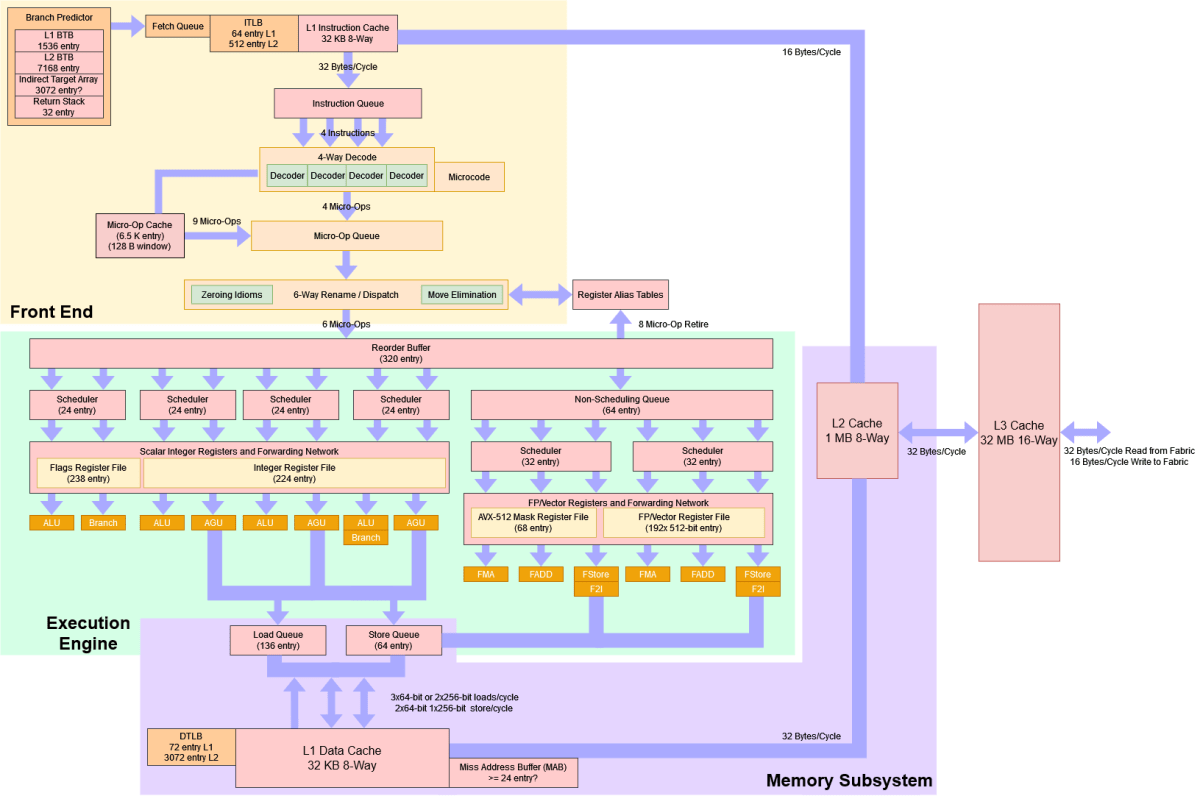AMD engineer accidentally shares the codenames and process nodes for AMD's future Zen 5 and Zen 6 processors.
AMD Zen 6 CPUs Are Reportedly Based On The 2nm Process Node : Read more
AMD Zen 6 CPUs Are Reportedly Based On The 2nm Process Node : Read more




